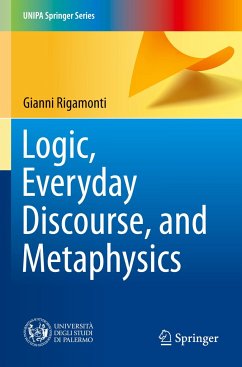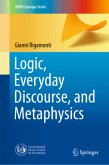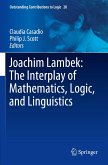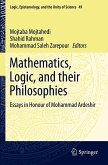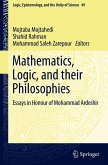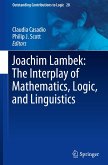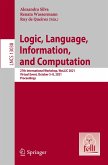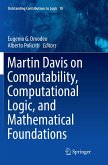This book applies the formal discipline of logic to everyday discourse. It offers a new analysis of the notion of individual, suggesting that this notion is linguistic, not ontological, and that anything denoted by a proper name in a well-functioning language game is an individual. It further posits that everyday discourse is non-compositional, i.e., its complex expressions are not just the result of putting simpler ones together but react on the latter, modifying their meaning through feedback.
The book theorizes that in everyday discourse, there is no algebra of truth values, but the latter can be both input and output of something which has no truth value at all. It suggests that an elementary proposition of everyday discourse (defined as having exactly one predicate) can, in principle, be indefinitely expanded by adding new components, belonging neither to subject nor to predicate, but remain elementary. This book is of interest to logicians and philosophers of language.
The book theorizes that in everyday discourse, there is no algebra of truth values, but the latter can be both input and output of something which has no truth value at all. It suggests that an elementary proposition of everyday discourse (defined as having exactly one predicate) can, in principle, be indefinitely expanded by adding new components, belonging neither to subject nor to predicate, but remain elementary. This book is of interest to logicians and philosophers of language.

